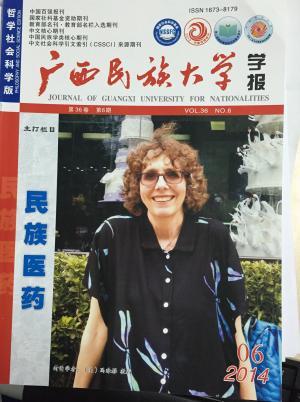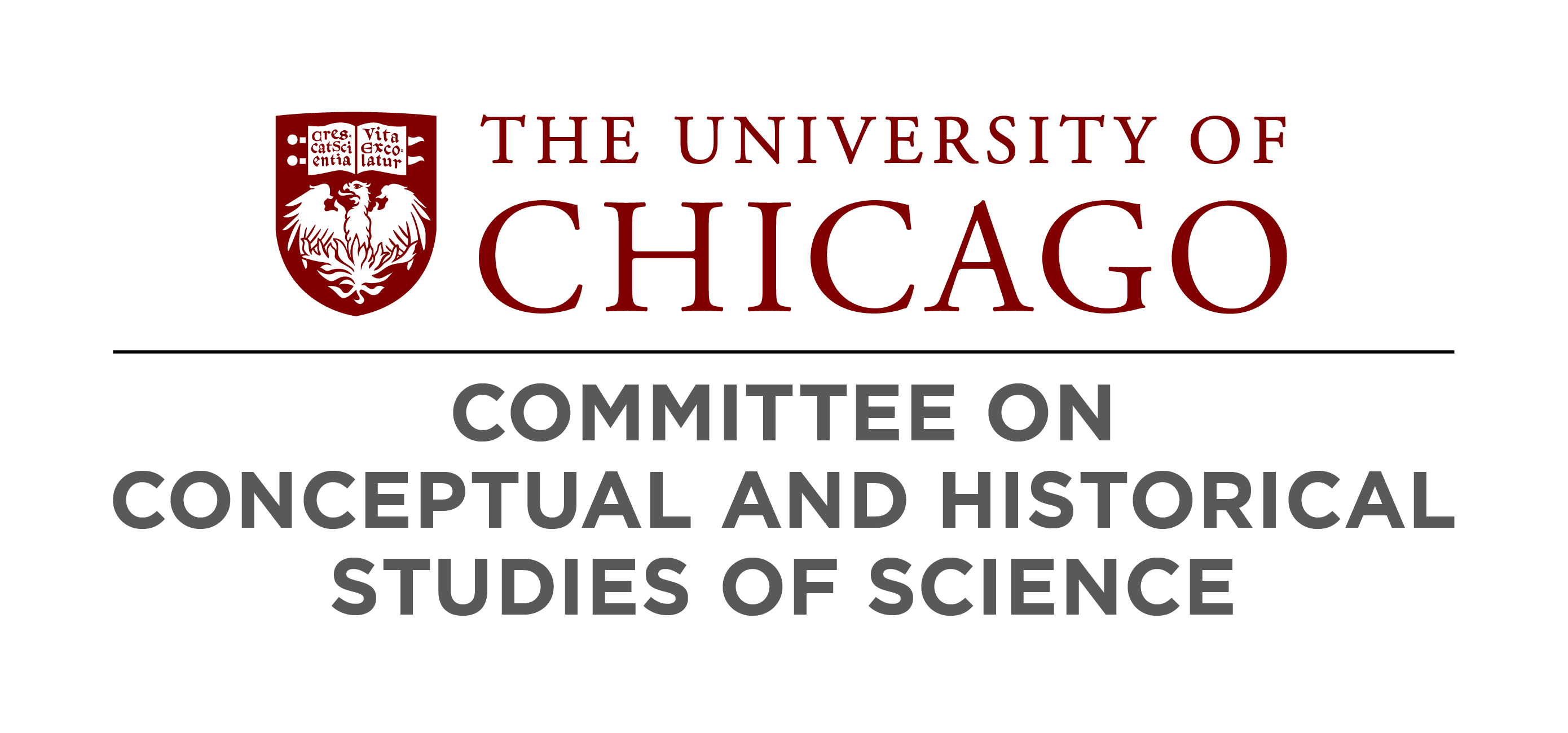
Max Palevsky Professor Emerita
Judith Farquhar does research on traditional medicine, popular culture, and everyday life in contemporary China. Anthropological areas of interest include medical anthropology; the anthropology of knowledge and of embodiment; critical theory and cultural studies; and theories of reading, writing, and translation.
Publications Include:
- Metaphysics at the Bedside. Concept and Convention: Historical Epistemology of Chinese Medicine. Rochester: Rochester University Press. (forthcoming).
- Reading hands: Pulse Qualities and the Specificity of the Clinical. East Asian Science and Technology Studies (EASTS). (in press).
- Knowledge in Translation: Global science, local things. In Lesley Green and Susan Levine, eds. Medicine and the Politics of Knowledge. Cape Town: Human Sciences Research Council Press, pp. 153-170 (2012).
- Pulse-Touching: Qualities and the Best Practitioner. In Hugh MacPherson and Volker Scheid, eds., Integrating East Asian Medicine into Contemporary Healthcare: Authenticity, Best Practice and the Evidence Mosaic. Elsevier. Pp. 39-53 (2012).
- How to Live: Reading China’s Popular Health Media. In K.K. Liew, ed., Liberalizing, Feminizing, and Popularizing Health Communications in Asia. Ashgate Publishers (2010).
- The Park Pass: Peopling and Civilizing a New Old Beijing, Public Culture 21(2010), 551-576.
- Introduction and nine section introductions. In Margaret Lock and Judith Farquhar, eds., Beyond the Body Proper: Reading the Anthropology of Material Life, Duke University Press (2007).
- Food, Eating and the Good Life, In Christopher Tilley, Webb Keane, Susanne Kuechler, Michael Rowlands, and Patricia Spyer, eds., The Sage Handbook of Material Culture. Sage (2006).
- Biopolitical Beijing: Pleasure, Sovereignty, and Self-Cultivation in China’s Capital, Cultural Anthropology 20 (2005):303-327.
- For Your Reading Pleasure: Popular health advice and the anthropology of everyday life in 1990s Beijing. Positions 9, no. 1 (Spring): 105-130. To be reprinted in Louisa Schein and Purnima Mankekar, eds., Media, Erotics, and Transnational Asia. Durham: Duke University Press (2010).
- Technologies of Everyday Life: The economy of impotence in reform China. Cultural Anthropology 14, no. 2: 155-179 (May). Reprinted in Cultural Anthropology, ed. Kim Fortun and Mike Fortun. London: Sage (2010).
- Market Magic: Getting rich and getting personal in medicine after Mao. American Ethnologist 23(2): 239-257 (1996).
- Rewriting Chinese Medicine in Post-Mao China, in D. Bates, ed., Knowledge and the Scholarly Medical Traditions, Cambridge University Press (1995).
- Knowing Practice: The Clinical Encounter in Chinese Medicine, Westview Press, 1994.
- Eating Chinese Medicine. Cultural Anthropology 9(4): 471-497. Chinese translation in Chayi(Differences) No. 1 (2005).
- Multiplicity, Point of View, and Responsibility in Traditional Chinese Medicine, In A. Zito & T. Barlow, eds., Body, Subjectivity and Power in China, University of Chicago Press (1994).
 THE UNIVERSITY OF CHICAGO
THE UNIVERSITY OF CHICAGO

